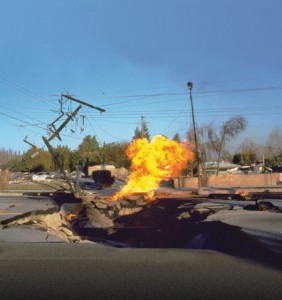Emergency Preparedness Quiz for Experts

OK, so you have been working for a while on being prepared for disasters. You’ve made it this far, and think you’re in pretty good shape, ready for whatever rain may fall!
Maybe you even qualify as an expert?!
Last year Joe and I took an emergency preparedness quiz at a meeting sponsored by the Great American Shake-out. Sure enough, although we’ve been “Activists” for years, we were missing several key items!
That inspired me to put this quiz together for all the Emergency Plan Guide readers. (I’ve updated it for 2020, too.) The questions were gathered from a variety of sources. See how well you do! Score yourself at the end!
Emergency Preparedness Quiz
1-Is your house ready to take a hit from a disaster? Check if YES.
- No heavy/dangerous items over the bed, couch or desk (or wherever you spend a lot of time).
- Bookcases, TV, speakers, computers, printers, mirrors — bolted to table or to wall. Need a stud finder to finish this job?
- Water heater and other appliances secured.
- Outside of home squared away to protect against sudden fire (trash cleared away) or wind.
- Home adequately insured for standard risks also local risks (flood, earthquake, etc.).
2-Does your family know how to respond to a natural or weather-related disaster? Check if YES.
- Everybody knows and has practiced: Drop-Cover-Hold On (earthquake), Drop-Roll (fire). Grandma, too.
- Family members know and have practiced 2 ways to get out of house: doors, windows, second floor. Can you get down the escape ladder?
- Everyone knows where fire extinguishers are, and how to use them. How many fire extinguishers do you need, anyway? And are they all workable?
- Adults know where water and gas shut-offs are, and when to shut them off. Tools attached near shut-off valves.
- You have a back-up plan for pets if you’re not home. Decal on front door or window alerts emergency workers that you have a pet.
- Everyone in the family has memorized out-of-town contact phone number.
- Everyone who has a phone has a battery back-up (Power bank), knows how and to whom to text.
3-Are survival kits (72-hour kits) packed and ready to go?
- Do all evacuation and survival kits have masks so you can operate within COVID guidelines?
- A survival kit in the house for every family member, customized to size, skill, medical needs, etc.?
- A kit for every pet?
- A kit in each car?
- A kit at work for every worker?
4-What about handling the immediate aftermath of a disaster?
- Every room has emergency lighting – lantern and/or flashlight.
- All first aid kits are fully stocked with up-to-date items.
- We have at least one emergency radio (solar, hand crank, battery) tuned to local emergency station, with extra batteries.
- Everyone has sturdy shoes for safely getting around, clothing/gloves to protect against cold or broken items. Pets have protective booties/jackets, too.
- Supply of warm clothing, blankets.
- Everyone knows ways to report in that they’re OK.
5-Are you prepared at work for the immediate aftermath of a disaster?
- Every room has emergency lighting – lantern and/or flashlight.
- First aid kits are fully stocked with up-to-date items.
- Emergency radio tuned to local emergency station, with extra batteries.
- Everyone has sturdy shoes for safely managing stairs, getting out. (Particularly important for female employees whose footwear may be stylish but impractical. Stash an extra pair of tennis shoes in the bottom drawer of the desk.)
- Partners check on each other’s situation. People with disabilities have designated partners who know how to help them evacuate.
- People responsible for shut-down or evacuation procedures step into action.
- Everyone knows how to report in assuming phones are out.
6-How about an extended recovery at home after a disaster?
- Supply of food that doesn’t need cooking. Can-opener. Utensils.
- If camp stove, supply of food that uses hot water or heating. Fuel for stove. Fire igniter. Pot. (Have you practiced setting up and starting the stove? A challenge under the best of conditions!)
- Condiments: salt, pepper, ketchup, mustard, chilies, soy sauce, sugar, honey, other.
- Water supply. Clean water supplies, a way to filter and/or disinfect other water.
- Pet’s food, water and hygiene supplies.
- Personal hygiene supplies: temporary toilet, toilet paper, wipes, paper towels, Clorox. Trash bags.
- Personal supplies: lotion, bug repellent, sun screen, soap, sanitary supplies, condoms, deodorant, toothpaste, etc.
- Medicines and prescriptions for at least 2 weeks.
- Clothing for cold, rain; ponchos, umbrellas.
- Tools appropriate for making repairs: saw, hammer, nails, tape, plastic sheets, tarp, crow bar, ax, shovel, emergency lighting.
- If someone can handle them and manage fuel: generator, chain saw.
- Emergency two-way communications: walkie-talkies, ham radios.
- Entertainment: books, games, cards, paper and pens.
(When it comes to extended recovery at work, that’s another quiz. It will be based on the type of work place, key functions of the business, number of employees, etc. Emergency Preparedness for Small Business can give you nearly all the guidance you’ll need to answer THAT quiz!)
7-And here’s a bonus emergency preparedness quiz item:
- I’ve completed CERT training. (I know, CERT training is being postponed until we can get back to meeting face to face. But at least, you can put it on your to-do list!)
And your score on this Emergency Preparedness Quiz?
There are 41 questions in this quiz, plus the bonus. They don’t have equal importance, so there’s no real way to rate yourself based on the number of boxes you checked off. Still, just in reading the quiz you should have a FEEL for whether you are:
- Rookie – 10-15 check marks: A good start but still have a ways to go
- Solid – 15-30 check marks: Comfortable with your progress; won’t feel (too) guilty if something happens
- Expert – Anything above 30, plus the bonus! Heck, you should be teaching this stuff!
If you’re not actively “teaching this stuff,” you can use this emergency preparedness quiz to help yourself and other people you care about get started on their own preparations.
How to get started?
Start slowly — but get started!
Did some of these items jump out at you as being really important?
Start with just one or two. Work on a new one every week.
If you are part of a neighborhood group, maybe pick a couple of items to work on every month. (Our new Mini-Series was designed PERFECTLY for groups! Schedule one topic per week or per month, get people together — in person or via zoom — to discuss and share.)
Every small preparedness action you take will add to your family’s and your community’s resilience. Since your neighbors are most likely to be the people who end up rescuing you in a disaster, this step-by-step method has a double pay-off!
Let us know how it goes, and what YOU would add to the quiz to make it even more useful. We are all in this together!
Virginia
Your Emergency Plan Guide team



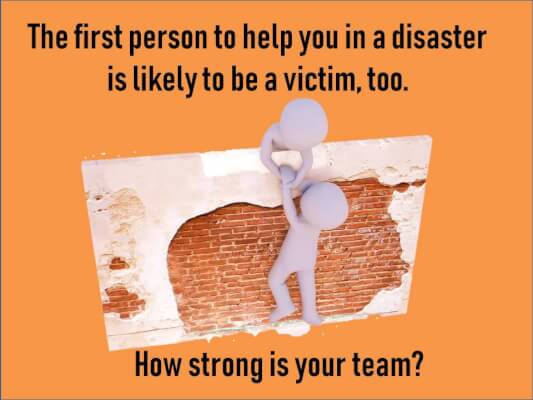
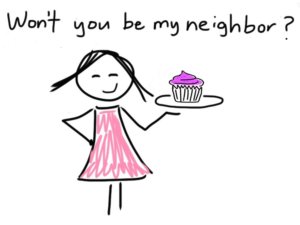 Remember this cartoon from the
Remember this cartoon from the 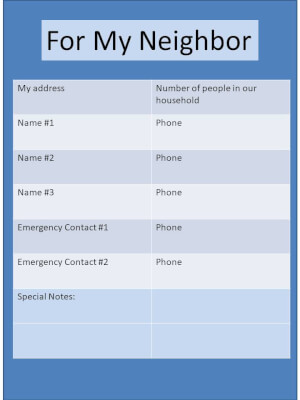 Here are instructions we’re sending along with the form:
Here are instructions we’re sending along with the form: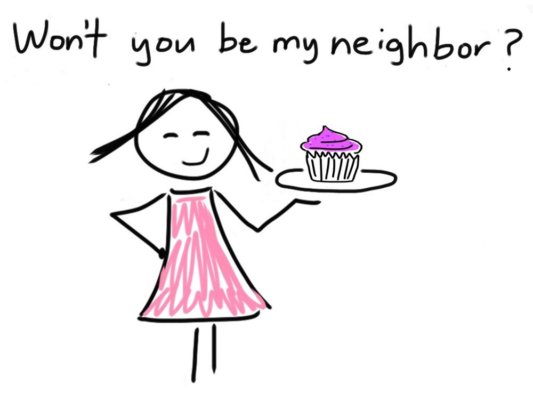

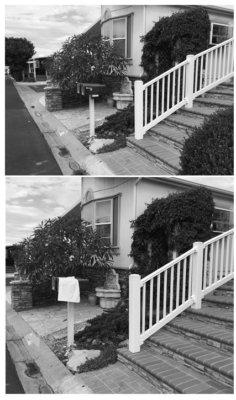
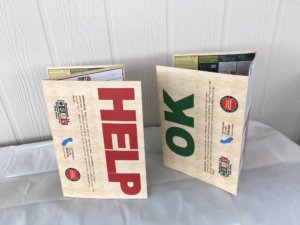 Advantages of the colored card system:
Advantages of the colored card system:



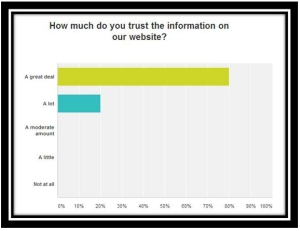 The first interesting question made me really pleased. The image shows the question and the result: 100% of the respondents trusted the information on the site “a great deal” or “a lot.”
The first interesting question made me really pleased. The image shows the question and the result: 100% of the respondents trusted the information on the site “a great deal” or “a lot.” 

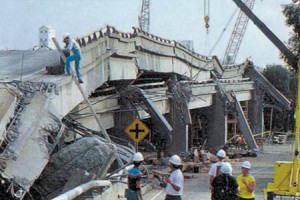


 But what about renters?
But what about renters?
